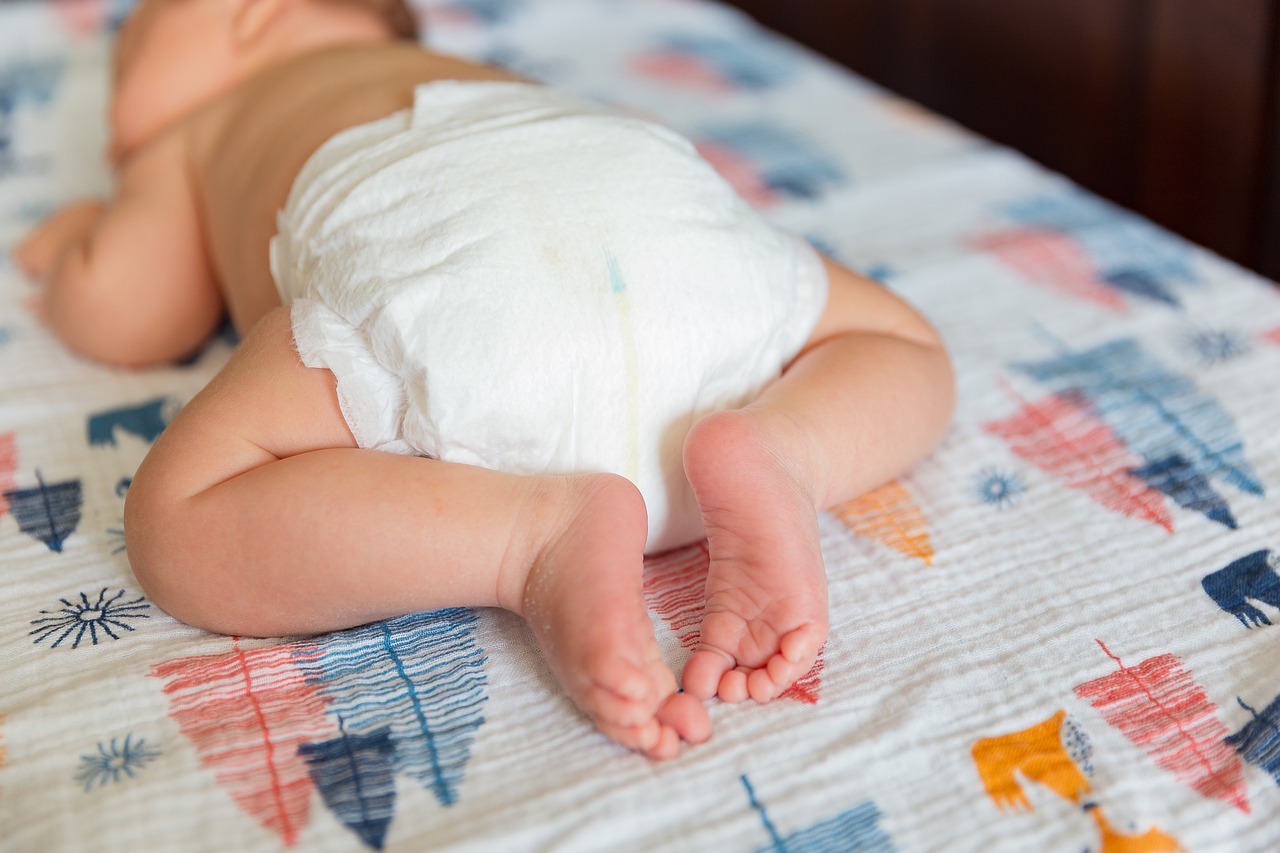‘Sleep like a baby’ becomes a myth when you have had a baby of your own. Why is baby sleep a topic of such confusion? It is because there’s very limited information and conversation around the scientific facts about baby/toddler sleep. We believe that once a baby is born he/she would intrinsically know how to fall asleep and stay asleep; but the truth couldn’t be further apart.
Why is sleep important for a baby? Getting healthy sleep is extremely important to your baby’s proper development and growth because sleep is the time where our bodies restore what is lost during the day and when we prepare our bodies to face the new day. During sleep our bodies engage in tissue repair, protein synthesis, and the release of the growth hormone.
What guides our sleep is called the ‘Circadian Rhythm’. This is essentially our bodies internal clock, that controls what time we go to sleep and what time we wake up, it triggers us based on the light and darkness in the environment. When it’s dark your body produces melatonin, the hormone that helps us to fall asleep and stay asleep and when there is light outside we send a signal to our hypothalamus which then signals for our body to suppress melatonin and instead produce cortisol, allowing us to stay awake and active all day long.
All babies are born with an underdeveloped circadian rhythm, which is why newborns experience day/night confusion. It is not until about 3 months of age that your baby will have a fully developed circadian rhythm, hence why sleep up until this time is often erratic and unpredictable. During the 4 month sleep regression a baby’s sleeping pattern matures to reflect one that of an adult. Therefore during the first three months of a baby’s life it is important to help baby to distinguish between night and day and to teach them how to self-settle.
It is also of importance to understand the baby sleep stages, these can be divided into REM(Rapid Eye Movement) Sleep and Non-REM Sleep. Non-REM sleep has 4 stages that can be described as below.
Stage 1 – Very light sleep. Your baby’s eyes are heavy and start to close, they may close slowly and open and repeat a few times.
Stage 2 – Light sleep. Your baby appears to be falling asleep yet can be startled awake easily for sound or movement. This is why your baby wakes up immediately when laid down in their crib after being “rocked to sleep” or when you remove the baby from the breast, if s/he has been fed to sleep.
Stage 3 – Deep sleep. Your baby’s brain waves start to slow.
Stage 4 – Deeper sleep. This is where restoration of muscles, tissue repair, immune system building, and all other development related benefits takes place.
Stage 5 – REM sleep. Your baby is now in a light but active state of sleep. REM sleep is where dreaming occurs, so their brains are active but their bodies are still in a paralyzed state.
Though these stages seem chronological, babies often drift through different stages during their sleep cycle. They may progress from 1-4 and revert to stages 3 and 2 before settling in at REM sleep.
During long naps and night time sleep this cycle of stages repeats itself over and over again. However, if your baby has not yet learned the art of independent sleep, chances are they are likely waking every 1-2 cycles as they transition from REM sleep to light sleep looking for the prop(rocking/breastfeeding to sleep) that helped put them to sleep in the first place. The need for specific sleep props to transition between sleep cycles often results in frequent, unnecessary night-time wakings and short naps.
Learning to sleep independently does not come naturally for babies, it takes work; just like the learn how to eat, turn, crawl and walk they also need to learn how to sleep. Given the science behind sleep explained above, it is evident that a lot of factors are at play. It is important to understand what’s going on with your baby in order to help him/her to become independent sleepers.
This post was contributed by Ms.Shehara Ferdinandis a certified sleep trainer. You can learn more and get in touch with her via instagram https://www.instagram.com/sleepyheads_sl/


